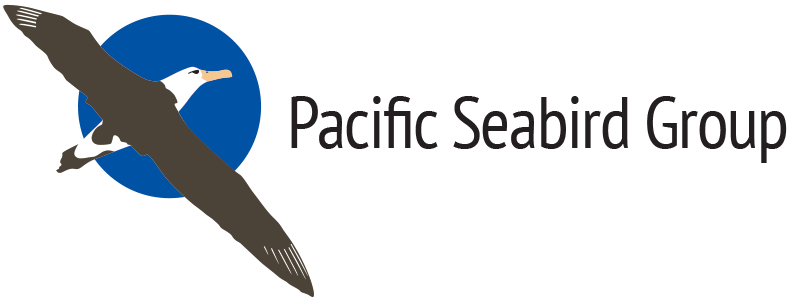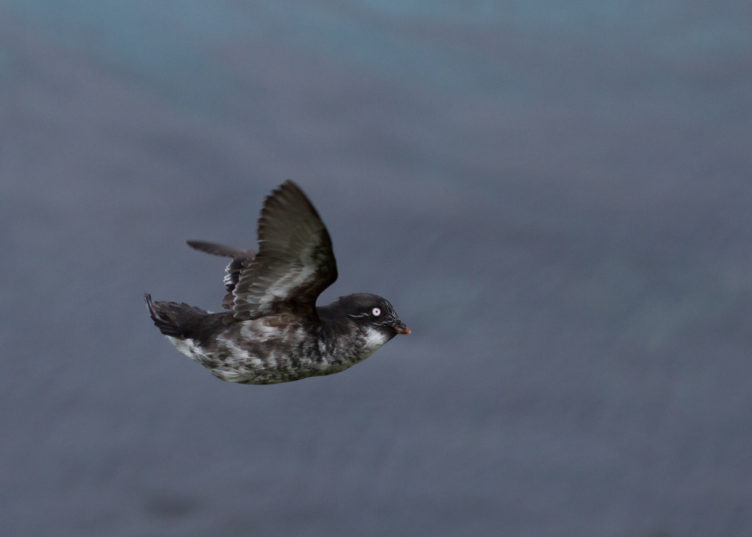Graduate Position: Application of Marine Bird Telemetry Data in Oceanographic Research
A funded PhD position at Klaipeda University in Lithuania is available! The project will focus on using tracking data from Great Cormorants and sea ducks in the Baltic Sea to identify changes in the coastal environment, gain new knowledge about birds’ feeding behavior and investigate whether this method of seabird oceanography can be used for coastal monitoring. This position is fully funded and open to international applicants. Deadline to apply: 9/15/2023.
Agency/Organization: Klaipeda University
Location: Klaipėda, Lithuania
Website: Click here
Job Description: Oceanographers face the problem of lack of data to record changes in physical water parameters. Coastal waters are extraordinarily energetic places where water is constantly in motion. Rising sea level, increasing absorbed heat and storminess influence the dynamics of coastal ecosystems, but there is very little data on these and other aspects such as downwelling, bottom morphodynamics or the influence of water parameters on the diving characteristics of birds. High-frequency data on the main parameters could be collected from bird transmitters that can record GPS positions and information from multiple integrated sensors. Piscivorous birds feed in the water column and can collect information about water temperature and salinity, while benthivorous sea ducks would additionally collect data on bottom morphodynamics. In order to study underwater feeding behaviour, diving seabirds, nesting in coastal colonies (Great cormorant) and wintering in the Lithuanian coastal zone (Long-tailed Duck, Velvet Scoter, Red-throated Diver) have already been tagged with telemetry transmitters, however, the data collected by them can be used in other sectors as well. The use of GPS/GSM transmitters in marine bird ecology starts just the first steps and opens up opportunities to gather new ecological information, which, when combined with oceanographic data, can significantly expand our knowledge about small-scale changes in coastal hydrodynamic parameters at various temporal and spatial scales. The main aim of this work will be to apply the telemetric diving data of marine birds to identify changes in the coastal environment, gain new knowledge about birds’ feeding behavior and investigate whether this method of seabird oceanography can be used for coastal monitoring.
Qualifications: A degree in environmental sciences, computer science, or geography; experience with Geo-Information-Systems; practical ornithological skills; data analysis skills, the ability to work independently and in teams.
Wage: N/A; fully funded and open to international applicants.
To apply: Contact Dr. Rasa Morkūnė (rasa.morkune@ku.lt) and Dr. Loreta Kelpšaitė-Rimkienė (loreta.kelpsaite-rimkiene@ku.lt) for more information.
Application Deadline: 9/15/2023
Start Date: N/A
Contact: Dr. Rasa Morkūnė (rasa.morkune@ku.lt) and Dr. Loreta Kelpšaitė-Rimkienė (loreta.kelpsaite-rimkiene@ku.lt)






